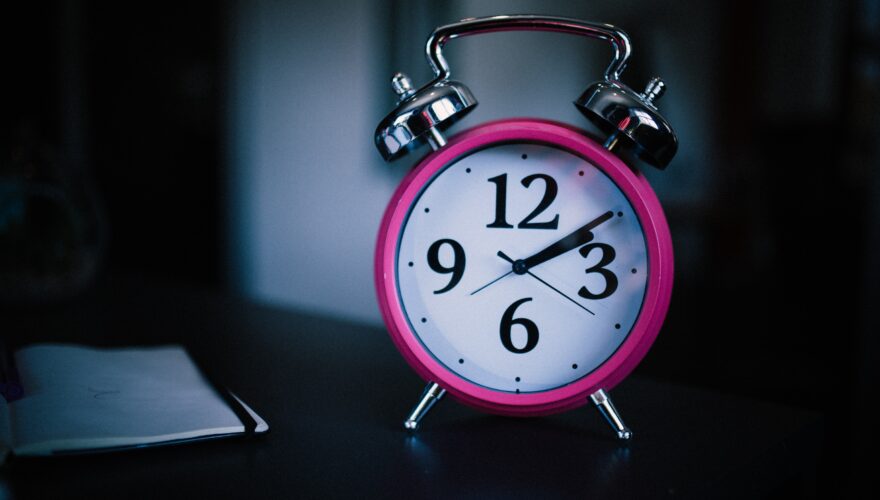
How to get to sleep and stay asleep for optimal rest and recovery
Sleep is essential for optimal health. Without sleep, we feel tired and fatigued, we cannot recover well from injury and illness. We also restrict the body’s ability to grow more muscle (all that had work in the gym down the drain). If we are feeling stressed, sleep is critical to downregulating the elevated cortisol and providing the body time to settle, rest and digest.
After just one nights poor sleep you begin to feel weary and simply not dialed in to life, yet we wake up and still expect our bodies to perform at an optimal level (personally and professionally). Extrapolate that over multiple nights and serious health issues are not uncommon.
So what are some of the main reasons people experience poor sleep and what is a potential remedy:
- Stress & anxiety: We are all living in world of heightened stress. Physical, financial, professional, emotional. Stress is a common cause for people not being able to switch off and enjoy a good nights rest. Some possible solutions to explore are – Daily meditation. Even meditation before bed, but, keep it to less than 10 minutes as this can disrupt your sleep further. Journaling is another great tool to explore if you are experiencing feelings of stress and anxiety. For many, simply doing something fun or watching a funny movie in the evening (wearing blue light blocking glasses of course) can all reduce those feelings of stress.
- Alcohol: It’s a default for so many people that are feeling stressed. Come home and unwind with a glass of your favorite red wine or beer. Well, let’s be honest, how often is it ‘just the one’? It has been shown that one glass of alcohol in an evening will not disrupt sleep, however, the 2nd, 3rd and 4th will impact significantly. Be strict with your alcohol consumption and stop at one glass.
- Exercise: Yep, you may think that you have been good for getting your training in after dinner rather than missing a day. However, if you are pushing some serious weights around or putting the body under stress via HIIT or a big spin class for example, you will often find it really hard to ‘come down’ from the post training high, quick enough to get a restful sleep. When you do sleep, you will likely have a good quality sleep as the body will need rest. The problem we face here is that it may take you a few hours to actually get to the point of tiredness. Take it easy, or just train in the morning.
- A big meal: Who did not used to love the 1kg steak challenge or the huge parmie (parma) challenge at the pub. Well, not only is there significant health issues with eating this volume of food in one sitting, but it will also heavily impact your sleep quality. Meat sweats are a real thing. This is your body going into overdrive to try and break down the third of a cow you just ate. Make your evening meals smaller, lighter, and earlier in the evening (aim for 6:30pm as a guide).
- Caffeine: Now, not everyone is as heavily impacted as one another, but for those that do feel the effects of caffeine, do not consume coffee (caffeine) after 2:00pm. The impact of caffeine will last several hours due to their ‘half-life’. Half life is how long the caffeine stays in your system (in a nutshell). This averages at 5 hours but can be up to 9.5 hours for some people. This includes pre-workouts that people take before training. If you are going to hit the gym straight after work, check the ingredients of any pre-workout that you intend on taking. And really, who notices a big effect during training anyway….or maybe this is just me??
Sleep is the most important component (I feel) when it comes to health and wellbeing. But give yourself the best chance of having quality sleep by thinking about the notes above.



